When Apple announced their ARKit platform in June, they immediately staked the claim to the largest augmented reality hardware platform, with millions of iPhones and iPads compatible with iOS 11 becoming AR devices this fall.
Not so fast, says Google. Today, Google revealed their own AR toolkit for developers, ARCore, with a preview software development kit now available. The platform preview runs today on Pixel and Samsung Galaxy S8 devices running Nougat and above.
Google is working with the likes of Samsung, Huawei, LG, ASUS, and others to expand support for the platform to additional devices with 100 million devices targeted before the end of the preview, according to a blog post. A timeline for an official release of the platform was not disclosed.
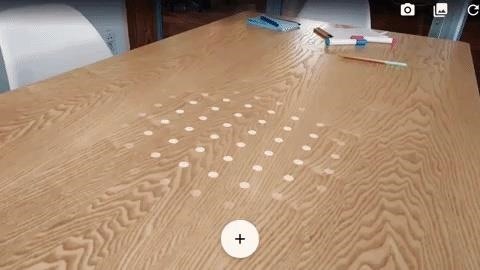
ARCore provides a feature set almost identical to ARKit. ARCore uses the phone's camera to anchor objects in space. ARCore can detect horizontal surfaces without the need for special sensors, and it measures ambient light so that virtual objects can better match their surroundings.
"We've been developing the fundamental technologies that power mobile AR over the last three years with Tango, and ARCore is built on that work. But, it works without any additional hardware, which means it can scale across the Android ecosystem," wrote Dave Burke, VP of Android Engineering, in a blog post.

ARCore is compatible with Java/OpenGL, Unity, and Unreal development environments, with additional integrations to come.
Google worked closely with Unity to develop the platform; according to a company spokesperson, the ARCore demos featured in the launch video were developed with Unity.
Update: Vuforia will also support ARCore. "We view ARCore as an exciting development for the industry and for Vuforia. It creates even more mainstream awareness of AR that we expect to drive adoption further. Developers should expect Vuforia to support ARCore as part of our commitment to deliver the best possible AR experience on any device," said Jay Wright, president of Vuforia, in a statement to Next Reality.
Several developers have also had advance access to ARCore. Their demos are available through Google's Experiments site.

While Google had a head start on Apple with its Tango platform its specialized sensor set, consumer availability has been limited to two handsets. Now that Apple has bounded forward with ARKit, ARCore will help Google catch-up while device hardware matures, allowing it to deploy features developed with the Tango platform to more devices.
"We see this new innovation as a key to production deployment of AR applications in Android-based enterprise mobile sales & marketing environments," said Gavin Finn, president of Kaon Interactive, to Next Reality.
Finn's company, an early adopter of Tango, are preparing their enterprise applications to be able to work with ARCore upon its wider release. ARCore will enable them to put their applications into the hands of more sales and marketing teams at the companies that use their applications, as interactive 3D product catalog capabilities can be instantly deployed using AR features of their platform without the investment in specialized devices.
"Our expectation is that all of the capabilities that we have already built for enterprise applications will work with ARCore," said Finn. "ARCore will give us a feature rich environment with solid engineering for any device without a depth sensing camera."
While ARCore helps Google make up ground, their track record of updating Android is notoriously hamstrung by its device manufacturers and carriers. If, based on initial availability, Nougat is the minimum requirement, then ARCore will not have quite the reach of ARKit at its inception, as only 12.3 percent of devices currently run Nougat. Nonetheless, Google also has a history of not only catching up with Apple but surpassing it, with worldwide Android market share being one example.
In addition, Android's usage extends beyond smart phones and tablets. While Apple is rumored to have their own smart glasses in development, ARCore may enable further advancements in Android-based smart glasses through manufacturers like ODG, DAQRI, and Vuzix, if not from Google itself. Android's ubiquity could also accelerate IoT interfacing. And is anyone ready for ARCore experiences in an Android TV?
As the saying goes, a rising tide lifts all boats. It's safe to say that augmented reality is on the rise, to the benefit of end users.
Jason Odom contributed to this report.
Just updated your iPhone? You'll find new emoji, enhanced security, podcast transcripts, Apple Cash virtual numbers, and other useful features. There are even new additions hidden within Safari. Find out what's new and changed on your iPhone with the iOS 17.4 update.
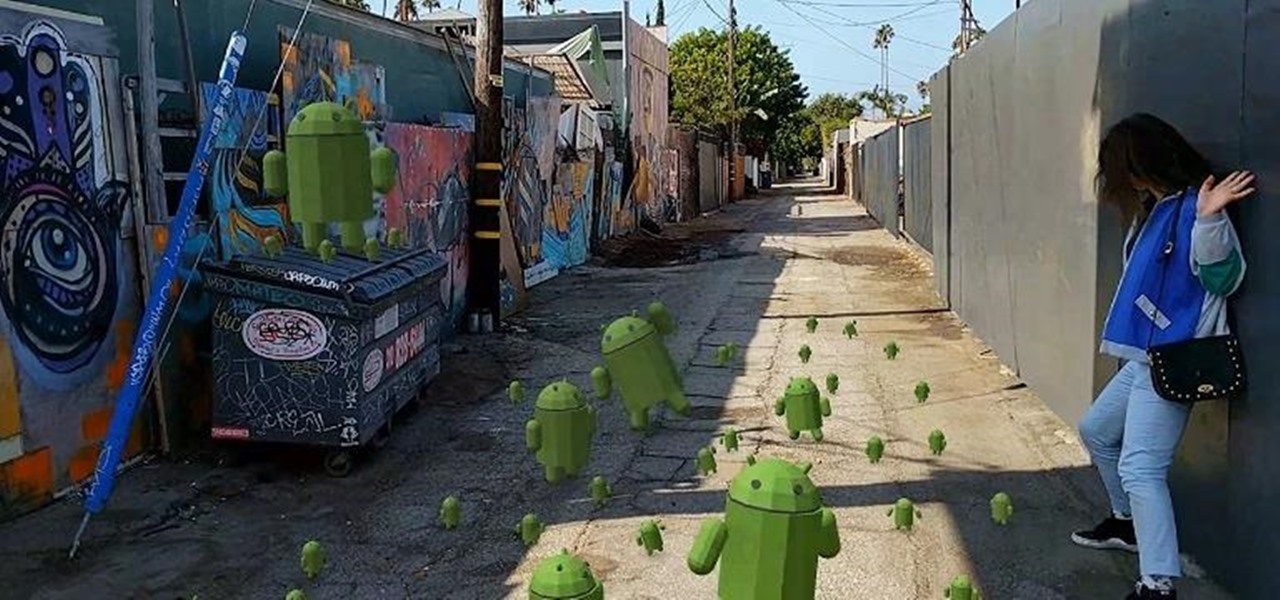






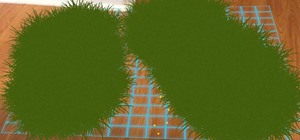
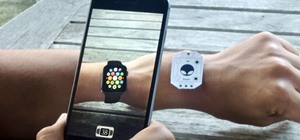



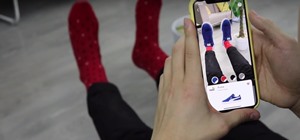

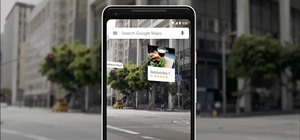
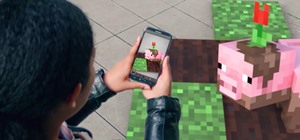
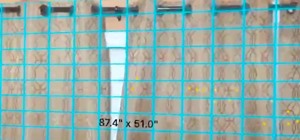
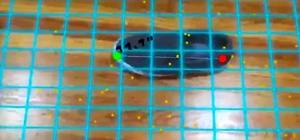

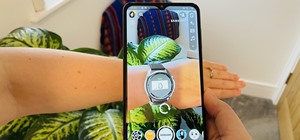



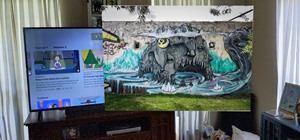
Be the First to Comment
Share Your Thoughts